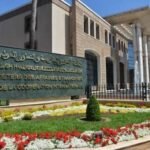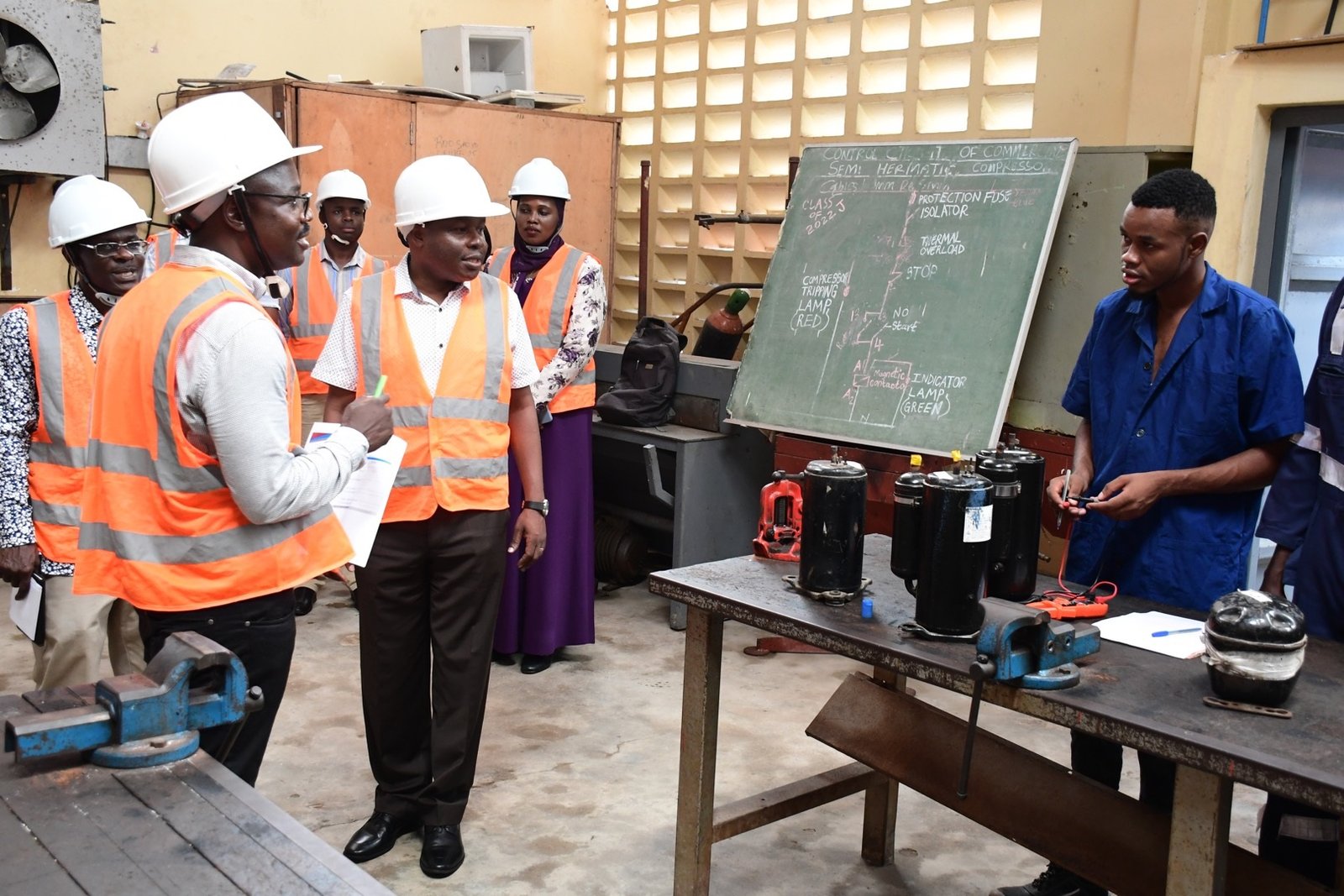
Early this week, the 10th Berlin Energy Transition Dialogue kicked off in Germany’s capital. The forum on the transition to renewable sustainable energy saw representatives from 75 countries coming together to discuss possible ways of tripling the new global renewable capacity targets agreed upon during the Conference of the Parties of the United Nations Framework Convention on Climate Change held in Dubai last year.
In his opening statement, German Vice Chancellor Robert Habeck spoke of the need to tap into renewable energies even as he pushed for concerted efforts among nations, especially in the Global South, to transition to renewable energy.
At the 2023 Berlin Energy Transition Dialogue, Kenya’s President William Ruto made a case for increased investments in the renewable energy sector, noting that Africa has the biggest potential to provide clean solutions by 2030 and help cut down on emissions.
“Unlike Europe, the continent’s renewable energy potential is great and the untapped solar and wind potential, is rated as superabundant in most African countries,” he said.
While this is the case, Ndiarka Mbodji, the Managing Director of Kowry Energy Services, a company that facilitates access to clean energy in Sub-Saharan Africa blames lack of financing and incapacity as some of the issues in the way of the continent’s realization of renewable energy dream.
Speaking on the sidelines of the conference, Ndiarka, an expert with over 23 years across automotive and aerospace and power systems says wind, solar, and geothermal energy especially in countries like Kenya needs funding and reiterates that if fully explored, they can be used to supply power across the nation and its neighbors. He said this at a time when Namibia is putting up a hydrogen plant, considered the next frontier, and which needs investment.
“What we normally underestimate in Africa is that 70% of people work in agriculture. It’s still an agriculture-dominated landscape, the biogas is not well exploited yet. I think we need to do more around biogas and of course in countries such as Senegal, Mozambique, and the Gambia. If there is gas and oil in some of these African countries, they would like to leverage gas to industrialize their countries and we have a mix of renewable energy.” says Ndiarka

It is estimated that Sub-Saharan Africa is home to more than 600 million people without access to power at all.
“To give perspective, 49 countries’ store capacity on the power plant installed is around 100-120 gigawatts, this is half the capacity of France. So, France has 64 million people, sub–Saharan Africa is 1.2 billion people and the gigawatt is 220. When we talk about this transition in energy it is important to keep that in mind,” Ndiarka avers. “What we are transitioning from?” he poses.
Electricity, in most cities in Africa, he says, is not reliable, and that this negatively impacts the small and medium-sized enterprises.
According to Ndiarka, a French National with Senegalese heritage, the financing coming into Africa in this regard is a drop in the ocean compared to the total energy finance going to developed countries.
“The main issue there is perceived risk when you come into Africa…don’t get me wrong, it’s challenging…but I insist on the perceived risk because we use financing instruments that were developed after the Second World War to rebuild Europe and also to stabilize the West and we use that to apply the same financial instruments to emerging and developing countries it does not work,” he said
During the two-day conference, speakers from a majority of African countries pointed out that there have been numerous commitments in energy financing to Africa. Even though the commitment is being followed up with action, Ndiarka says this is happening at a discouraging pace.
“The IMF and World Bank and others just announced they are doubling their investment in climate action to $112 billion. We want to see this moving more towards Africa at a consensual rate. Talking about 3 to 4 % so that the local bank can draw from that and provide to the local economies and local companies at a lending rate of 8 to 10 % we all know if you want to take a loan in Africa …one thing is the issuing rate.” He explains
From commitments to implementation
He says the call for COP29, set for Baku, Azerbaijan this year, is to amplify the narrative that African countries do not want additional commitments. He insists Africa will be better if all the promised finances are channeled to them.
“For a small company accessing a grant you have to fill more paperwork than it is to build a nuclear power plant.” Ndiarka Mbodji
The dialogue in Germany comes at a time when the country plans to reduce fossil fuel energy from other countries by 30%, substituting it with renewable energy from solar and wind power.
During a side event involving young representatives from Burkina Faso, Tunisia, and India at the conference, the social impact and efficiency of renewable energy were also acknowledged as having a greater impact than reliance on fossil fuels.






